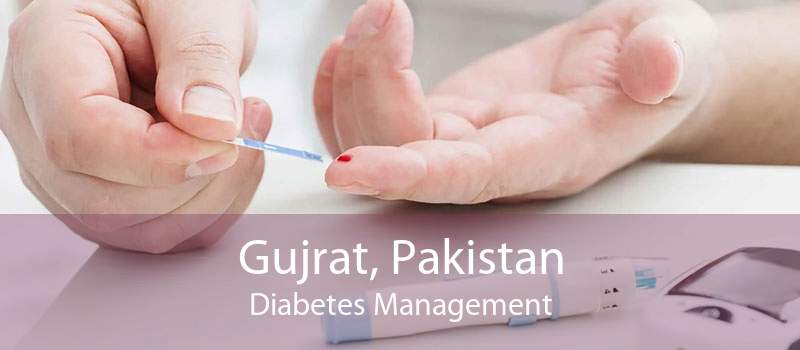Diabetes Management Center in Gujrat
There is a lot of nutrition information available, and sometimes it may be challenging to figure out what is accurate and what doesn’t really work. The Diabetes Management Center provides services to help effectively manage your diabetes, as well as other medical nutrition therapies to address additional nutritional concerns.
Some of the reasons you may seek services of a registered dietitian include:
- Diabetes management
- Weight management
- Food allergies or intolerances
- Nutritional needs before, during, or after pregnancy
- Heart health nutrition, including hypertension and high cholesterol
- Digestive disorders including, irritable bowel syndrome, diverticulitis, celiac, and Crohn’s Disease
- Kidney disease
- Pediatric and adolescent nutrition
- Eating disorders
Our registered dietitian helps to separate the facts from fads and translate the latest scientific finding into easy-to-understand nutrition information. Our dietitians have completed academic requirements including passing a national exam and continuing professional education.

Ulcer Treatment Gujrat
You shouldn’t treat an ulcer on your own without first seeing your doctor. Over-the-counter antacids and acid blockers may ease some or all of the pain, but the relief is always short-lived. With a doctor's help, you can find an end to ulcer pain as well as a lifelong cure for it.
The chief goals of ulcer treatment are reducing the amount of acid in the stomach and strengthening the protective lining that comes in direct contact with stomach acids. If your ulcer is caused by bacterial infection, your doctor will also treat that.
Ulcer Clinic Gujrat
Stomach ulcer treatment often involves a combination of medications, lifestyle changes, and potentially even surgical procedures. However, different types of ulcers require different treatments. Finding a physician who takes an individualized approach to your stomach ulcer treatment is key.
Gujrat Stomach Ulcer Treatment
When you’ve been diagnosed with a stomach ulcer, we will typically start our treatment by conducting routine bloodwork to determine if you test positive for H. pylori bacteria. If so, antibiotic treatment could be appropriate. If we discover that non-steroidal anti-inflammatory drugs (NSAIDs) are the culprit behind the ulcer, which tells us that different medications are needed. The appropriate treatment depends on your individual diagnosis.
Depending on the specifics of your diagnosis, our gastroenterologists may recommend any of the following forms of stomach ulcer treatment:
- Antibiotics
- Antacid medications
- Prescription medications
- Dietary changes
- Smoking cessation
- Upper GI endoscopy
- Surgery
- Preventive care
Best Way To Control Diabetes Gujrat
A blood glucose monitor is an excellent tool for managing diabetes. Some of us will be very familiar with using a blood glucose meter but for others it will be something new. Testing before and after meals can be a useful technique for measuring how different meals affect our sugar levels and help to improve our diet and dosage decisions.
The NICE recommendations vary a little depending on the type of diabetes and whether you are a child or adult. Broadly, we should aim to get our blood sugar levels into a range similar to someone without diabetes – i.e. between 4 and 6 mmol/L before meals and under 7.8 mmol/L after meals.
Controlling blood sugar levels requires a lot of dedication. Don’t get too upset if your blood sugar levels appear to be beating you. Take any set backs as a lesson to learn and you’ll soon be back to winning the fight over your blood sugar control.
If your sugar levels run consistently high or low, contact your health team who can help to set you on the right track.
Sugar Management Gujrat
Many foods break down into blood sugar, which is used for energy to fuel our brain, heart and muscles. Blood sugar either comes from the food we eat or is made by the liver, and is found in the blood stream (as it is carried to all of our organs and cells) and inside the cells (where it is changed into energy).
With the help of your health care team, you can create a diabetes self-care plan to manage your diabetes. Your self-care plan may include these steps:
- Manage your diabetes ABCs.
- Follow your diabetes meal plan.
- Make physical activity part of your routine.
- Take your medicine.
- Check your blood glucose levels.
- Work with your health care team.
- Cope with your diabetes in healthy ways.




